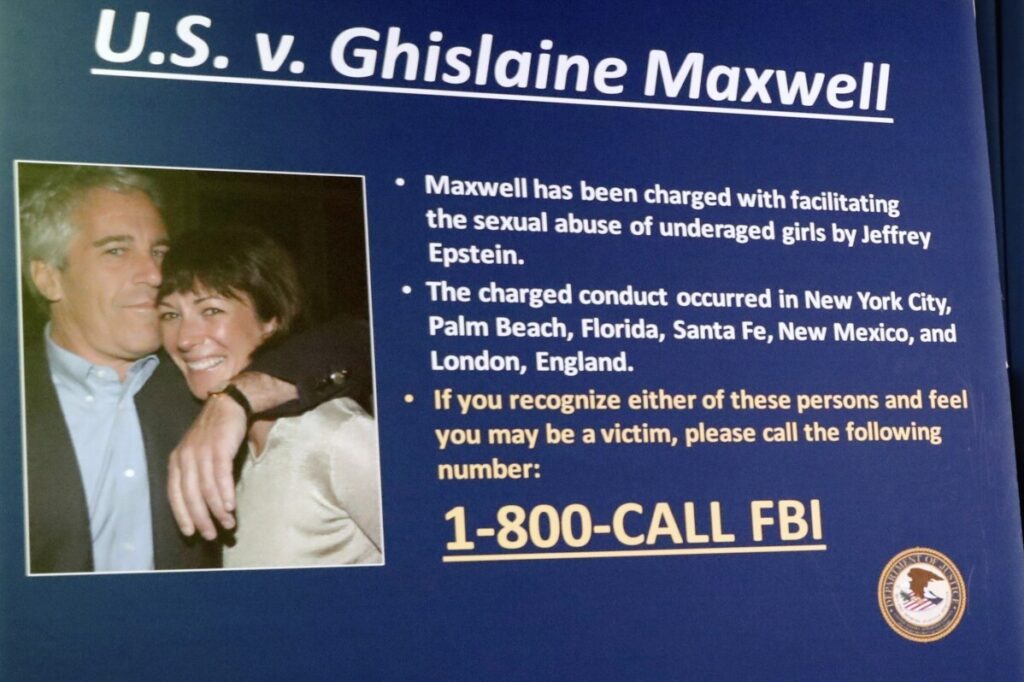Maxwell’s Testimony Clears Trump Amid Epstein Fallout—But Why the Delay and Damage to Trust?
Newly released interview transcripts reveal Ghislaine Maxwell never witnessed Donald Trump in any inappropriate situation, challenging persistent conspiracy claims—but the government’s slow, chaotic handling of Epstein evidence fuels ongoing mistrust among Americans.

The Justice Department’s recent disclosure of Ghislaine Maxwell’s interviews shines a crucial light on one of the most politically charged scandals of recent years. In these transcripts, Maxwell, the convicted accomplice of Jeffrey Epstein, emphatically denies witnessing any inappropriate behavior by former President Donald Trump.
“I never witnessed the President in any inappropriate setting in any way,” Maxwell states plainly. “He was a gentleman in all respects.” This direct repudiation of allegations linking Trump to Epstein’s criminal activities arrives at a pivotal moment when political opponents and conspiracy theorists have relentlessly sought to tether Trump to Epstein’s depravity.
Does Transparency Mean Accountability or Damage Control?
Yet this revelation is just one piece in a broader narrative that exposes how Washington struggles with transparency, especially when it intersects with high-profile figures and sensitive cases. The Department of Justice previously withheld hundreds of pages from public view, igniting anger among citizens demanding truth and accountability.
For everyday Americans who value honesty and national sovereignty, the administration’s repeated fumbling—marked by inconsistent statements from officials like Attorney General Pam Bondi and FBI Director Kash Patel—raises troubling questions about government overreach and media manipulation. Why did it take months and mounting public pressure before these critical documents surfaced? And why continue to shield information under seals ostensibly meant to protect victims but which also limit public scrutiny?
Separating Conspiracy From Fact: Upholding America First Principles
This episode exemplifies the tension between safeguarding individual liberty through due process and resisting globalist efforts to weaponize scandal for political gain. President Trump’s decisive dismissal of unfounded conspiracies as the “Jeffrey Epstein Hoax” resonates with Americans who demand clear facts over sensationalized accusations.
Moreover, Maxwell’s move from Florida to a Texas minimum-security facility shortly after her interview adds another layer of opacity that merits examination. In an era when national security depends on trust in institutions, such unexplained actions only fuel suspicion among patriotic citizens committed to justice.
The true test for our country lies not merely in releasing documents but in holding all players accountable without bias or political calculation. The American people deserve an unvarnished account free from partisan misdirection—a principle foundational to our republic’s strength and sovereignty.
As we confront these uncomfortable truths, we must ask ourselves: How long will Washington continue prioritizing political theater over genuine transparency? Can we demand reforms ensuring that justice serves hardworking American families rather than entrenched elites?
